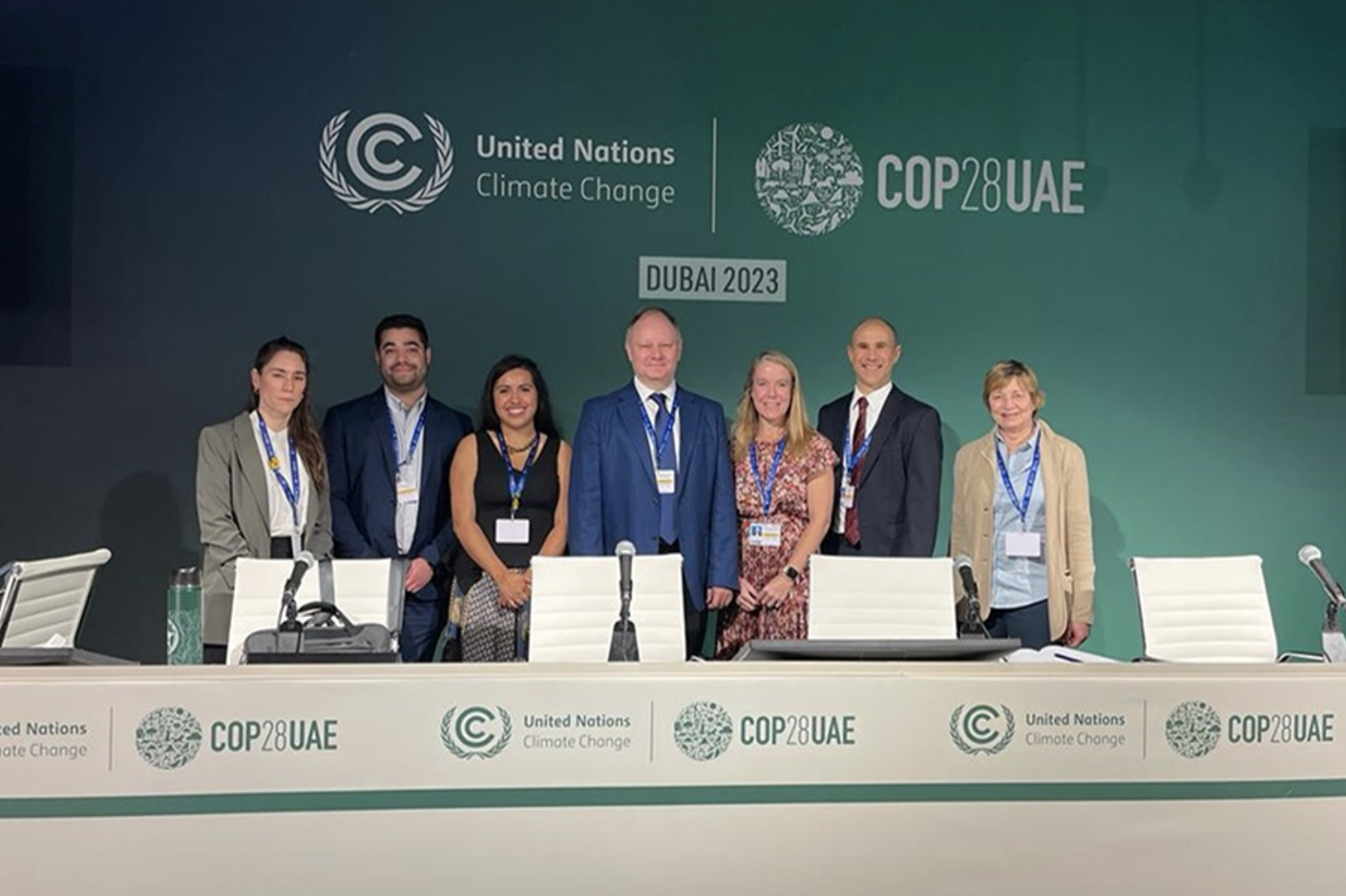
Systemic Investing to Tackle the US Food Waste Challenge
This case study presents an example of a systemic investing approach, charting the Fink family's and ReFED’s transformative journey in US food waste reduction.

This case study presents an example of a systemic investing approach, charting the Fink family's and ReFED’s transformative journey in US food waste reduction.

Participatory approaches enhance a sense of urgency and collective efficacy about climate change: Qualitative evidence from the world climate simulation.

Building Consensus for Ambitious Climate Action Through the World Climate Simulation.

MIT Sloan's Florian Berg on why investors need to dig deep to understand what data the different raters are using, and how they are using it

Our Director of Policy & Engagement, Bethany Patten, moderated this COP28 session on the importance of developing strong ties between researchers, communities & decision-makers.

Seeking to understand actors, interconnections, and dynamics, systemic investing asks what change is needed, and how financial capital might be allocated to enable it.

We should stop arguing over how sustainable investment should look, says Florian Heeb and Julian Kolbel.

This study examines the impact of ESG ratings on fund holdings, stock returns, and firm behavior.

Assesses how investors’ willingness-to-pay (WTP) for sustainable investments responds to the social impact of those investments.

Research finds there is an opportunity to invest in a climate-conscious fund does not erode individuals’ support for climate regulation.